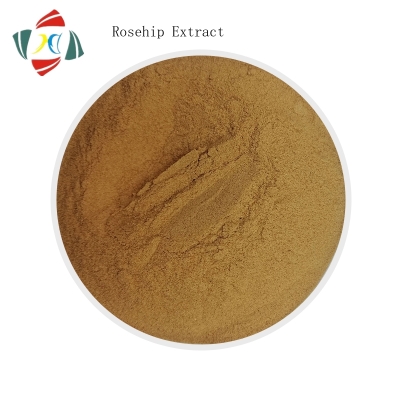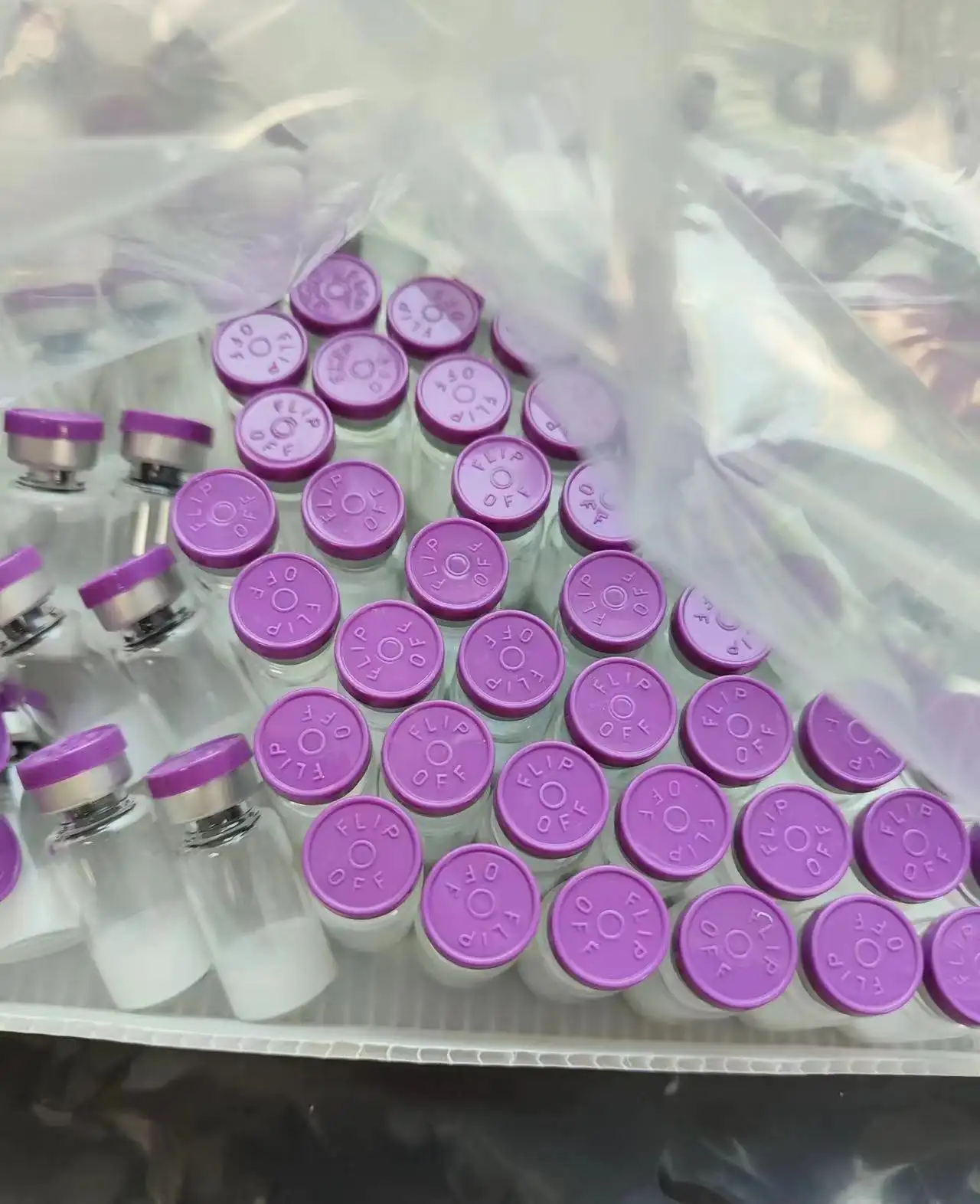-
Categories
-
Pharmaceutical Intermediates
-
Active Pharmaceutical Ingredients
-
Food Additives
- Industrial Coatings
- Agrochemicals
- Dyes and Pigments
- Surfactant
- Flavors and Fragrances
- Chemical Reagents
- Catalyst and Auxiliary
- Natural Products
- Inorganic Chemistry
-
Organic Chemistry
-
Biochemical Engineering
- Analytical Chemistry
- Cosmetic Ingredient
-
Pharmaceutical Intermediates
Promotion
ECHEMI Mall
Wholesale
Weekly Price
Exhibition
News
-
Trade Service
Written | Xueyue's immune-microbial interactions in early life affect the body's risk of allergies, asthma and other inflammatory diseases
.
Studies have shown that the infant’s gut microbiome is essential for immune development, especially in the first trimester of infants
.
A number of studies have shown that early intestinal microbiota imbalance is associated with a variety of immune-mediated diseases
.
Due to the difficulty of obtaining samples from infants, little is known about human immune development
.
Breastfeeding can lead to a healthy immune-microbial interaction
.
The co-evolution of this kind of bacteria and humans has gradually become less universal in modern society
.
Human breast milk is rich in human milk oligosaccharides (human milk oligosaccharides HMO).
Because people lack the necessary glucosidase, they cannot digest HMO
.
Bifidobacterium longum subspecies (subsp.
) infantis (B.
infantis) is a strain that can metabolize HMO
.
B.
infantis is common in breastfed infants in countries with a low incidence of immune-mediated diseases, such as Bangladesh, but it is rare in Europe
.
The introduction of this strain can stably reshape the intestinal microbes and reduce the occurrence of intestinal inflammation
.
Recently, the Petter Brodin team from Karolinska University School of Medicine in Sweden published an article on Cell entitled Bifidobacteria-mediated immune system imprinting early in life
.
The article found that breast milk promotes the colonization of bifidobacteria in infants, and promotes the polarization of CD4+ T cells toward Treg and Th1 through the key metabolite ILA, and inhibits mucosal inflammation
.
The author first collected samples from 208 babies born from 2014 to 2019 at 858 different time points, and detected the activation and differentiation markers in the immune cell population by mass spectrometry and flow cytometry
.
And at the same time quantitative analysis of 355 kinds of plasma protein content
.
The authors found that monocytes peak in the circulation 4-7 days after birth, and the number of Tregs will continue to increase within one week of birth
.
The number of circulating rdT cells increases sharply one month after birth
.
The level of IL17A in plasma increased at two months
.
This phenomenon is very similar to the beginning of bacterial colonization in mice after weaning, but the cell types and protein types in mice and the time of change are different
.
Further analysis, the author found that one week after birth, CD38+memory CD4+T cells in peripheral blood began to occupy the main cell component.
This cell type is mucosal-specific T cells, mainly located in the intestine
.
This indicates that after birth, mucosal-specific memory CD4+ T cells will encounter antigens in peripheral blood and expand
.
In order to examine the relationship between changes in the immune system and bifidobacteria, the authors compared infants with a higher abundance of bifidobacteria and a lower abundance
.
After comparison, it was found that the proportion of IL27, IL10, endogenous IL1 inhibitor IL1RA, and non-classical monocytes and Tregs that are considered to be anti-inflammatory are higher in the plasma proteins of infants with higher bifidobacteria
.
Infants with low bifidobacteria have high levels of TNFα and IL17A, which are key mediators of intestinal inflammation
.
The content of bifidobacteria was negatively correlated with activated CD8+ T cells and pro-inflammatory related molecules
.
This correlation does not exist in infants who lack bifidobacteria colonization or do not have bifidobacteria colonization one month before birth.
They have higher levels of systemic and intestinal inflammation and an increased proportion of activated immune cells
.
Studies have shown that metabolites of bifidobacteria can regulate the AhR and NRF-2 pathways
.
In order to examine the relationship between genes used in HMO metabolism and the lack of infant immune systems in bifidobacteria
.
The authors assessed the correlation between the abundance of 57 HMO metabolism genes in infant feces and 355 plasma proteins
.
The analysis found that IL6, TNFa, IL17A, IL13 was negatively correlated with the abundance of genes used for HMO metabolism, and infants with high HMO metabolism genes also had higher levels of IL27
.
Next, the author compared the difference between feeding infant B.
infantis EVC001 and the control group
.
The authors found that after the increase in the content of bifidobacteria, the reactivity of Th2 and Th17 in the intestine was reduced, and the infant's intestinal inflammation was reduced
.
Bifidobacterium can also promote the polarization of CD4+ T cells towards Th1 and the up-regulation of IFNg expression
.
Further analysis found that ILA, a metabolite of bifidobacteria, can induce Th2 and Th17 cells to express T cell inhibitory regulatory molecule galectin-1
.
This study clarified the dynamic changes of the immune system caused by the colonization of the intestinal microbiota in the weeks after birth
.
HMO in breastfeeding inhibits the inflammatory response induced by Th2 and Th17 through the key metabolite ILA by affecting the colonization of bifidobacteria, and promotes the cell polarization of Th1 and Treg
.
Original link: https://doi.
org/10.
1016/j.
cell.
2021.
05.
030 Platemaker: Notes for reprinting on the eleventh [Original article] BioArt original article, personal forwarding and sharing are welcome, reprinting without permission is prohibited, all published The copyright of the work is owned by BioArt
.
BioArt reserves all statutory rights and offenders must be investigated
.
.
Studies have shown that the infant’s gut microbiome is essential for immune development, especially in the first trimester of infants
.
A number of studies have shown that early intestinal microbiota imbalance is associated with a variety of immune-mediated diseases
.
Due to the difficulty of obtaining samples from infants, little is known about human immune development
.
Breastfeeding can lead to a healthy immune-microbial interaction
.
The co-evolution of this kind of bacteria and humans has gradually become less universal in modern society
.
Human breast milk is rich in human milk oligosaccharides (human milk oligosaccharides HMO).
Because people lack the necessary glucosidase, they cannot digest HMO
.
Bifidobacterium longum subspecies (subsp.
) infantis (B.
infantis) is a strain that can metabolize HMO
.
B.
infantis is common in breastfed infants in countries with a low incidence of immune-mediated diseases, such as Bangladesh, but it is rare in Europe
.
The introduction of this strain can stably reshape the intestinal microbes and reduce the occurrence of intestinal inflammation
.
Recently, the Petter Brodin team from Karolinska University School of Medicine in Sweden published an article on Cell entitled Bifidobacteria-mediated immune system imprinting early in life
.
The article found that breast milk promotes the colonization of bifidobacteria in infants, and promotes the polarization of CD4+ T cells toward Treg and Th1 through the key metabolite ILA, and inhibits mucosal inflammation
.
The author first collected samples from 208 babies born from 2014 to 2019 at 858 different time points, and detected the activation and differentiation markers in the immune cell population by mass spectrometry and flow cytometry
.
And at the same time quantitative analysis of 355 kinds of plasma protein content
.
The authors found that monocytes peak in the circulation 4-7 days after birth, and the number of Tregs will continue to increase within one week of birth
.
The number of circulating rdT cells increases sharply one month after birth
.
The level of IL17A in plasma increased at two months
.
This phenomenon is very similar to the beginning of bacterial colonization in mice after weaning, but the cell types and protein types in mice and the time of change are different
.
Further analysis, the author found that one week after birth, CD38+memory CD4+T cells in peripheral blood began to occupy the main cell component.
This cell type is mucosal-specific T cells, mainly located in the intestine
.
This indicates that after birth, mucosal-specific memory CD4+ T cells will encounter antigens in peripheral blood and expand
.
In order to examine the relationship between changes in the immune system and bifidobacteria, the authors compared infants with a higher abundance of bifidobacteria and a lower abundance
.
After comparison, it was found that the proportion of IL27, IL10, endogenous IL1 inhibitor IL1RA, and non-classical monocytes and Tregs that are considered to be anti-inflammatory are higher in the plasma proteins of infants with higher bifidobacteria
.
Infants with low bifidobacteria have high levels of TNFα and IL17A, which are key mediators of intestinal inflammation
.
The content of bifidobacteria was negatively correlated with activated CD8+ T cells and pro-inflammatory related molecules
.
This correlation does not exist in infants who lack bifidobacteria colonization or do not have bifidobacteria colonization one month before birth.
They have higher levels of systemic and intestinal inflammation and an increased proportion of activated immune cells
.
Studies have shown that metabolites of bifidobacteria can regulate the AhR and NRF-2 pathways
.
In order to examine the relationship between genes used in HMO metabolism and the lack of infant immune systems in bifidobacteria
.
The authors assessed the correlation between the abundance of 57 HMO metabolism genes in infant feces and 355 plasma proteins
.
The analysis found that IL6, TNFa, IL17A, IL13 was negatively correlated with the abundance of genes used for HMO metabolism, and infants with high HMO metabolism genes also had higher levels of IL27
.
Next, the author compared the difference between feeding infant B.
infantis EVC001 and the control group
.
The authors found that after the increase in the content of bifidobacteria, the reactivity of Th2 and Th17 in the intestine was reduced, and the infant's intestinal inflammation was reduced
.
Bifidobacterium can also promote the polarization of CD4+ T cells towards Th1 and the up-regulation of IFNg expression
.
Further analysis found that ILA, a metabolite of bifidobacteria, can induce Th2 and Th17 cells to express T cell inhibitory regulatory molecule galectin-1
.
This study clarified the dynamic changes of the immune system caused by the colonization of the intestinal microbiota in the weeks after birth
.
HMO in breastfeeding inhibits the inflammatory response induced by Th2 and Th17 through the key metabolite ILA by affecting the colonization of bifidobacteria, and promotes the cell polarization of Th1 and Treg
.
Original link: https://doi.
org/10.
1016/j.
cell.
2021.
05.
030 Platemaker: Notes for reprinting on the eleventh [Original article] BioArt original article, personal forwarding and sharing are welcome, reprinting without permission is prohibited, all published The copyright of the work is owned by BioArt
.
BioArt reserves all statutory rights and offenders must be investigated
.







